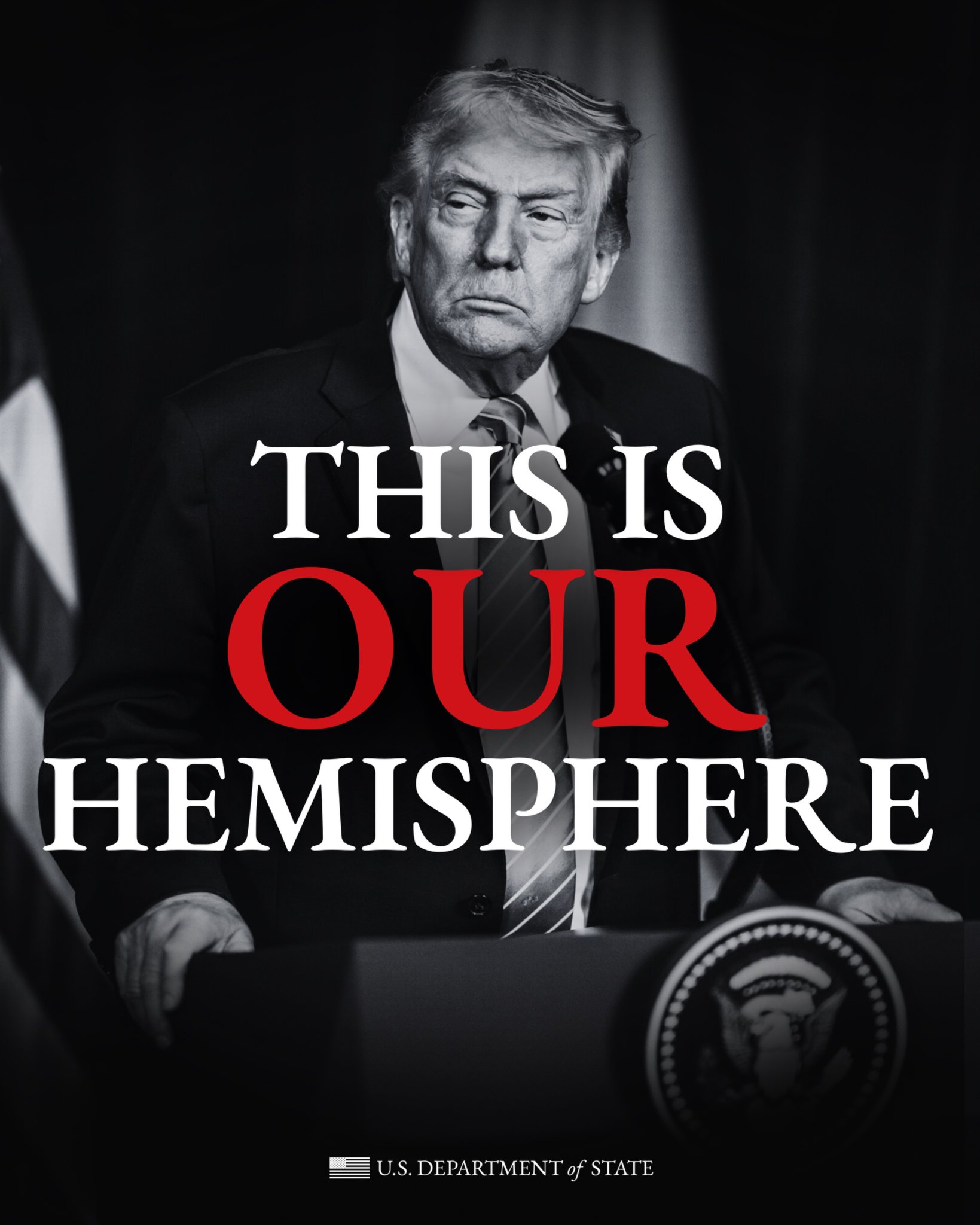Although every Latin American government pays lip service to integration, taking the concrete steps needed to attain it is much more difficult than simply issuing declarations. In the wake of the collapse of the Free Trade Agreement of the Americas (FTAA), Latin America faces the dilemma of remaining divided and at the mercy of the interests of the great powers, or setting out on the road to continental unity. Even if the forces in favor of integration prevail, the type of integration to be constructed remains to be defined.
Two centuries after gaining independence, Latin America’s republics have been unable to overcome their Balkanization, one of the worst legacies of colonialism. In progressive circles and among social activists, the obstacles to Latin American unity are usually deemed to be the division sown by different forms of imperialism throughout history. But a closer look at what has happened over the past two centuries



